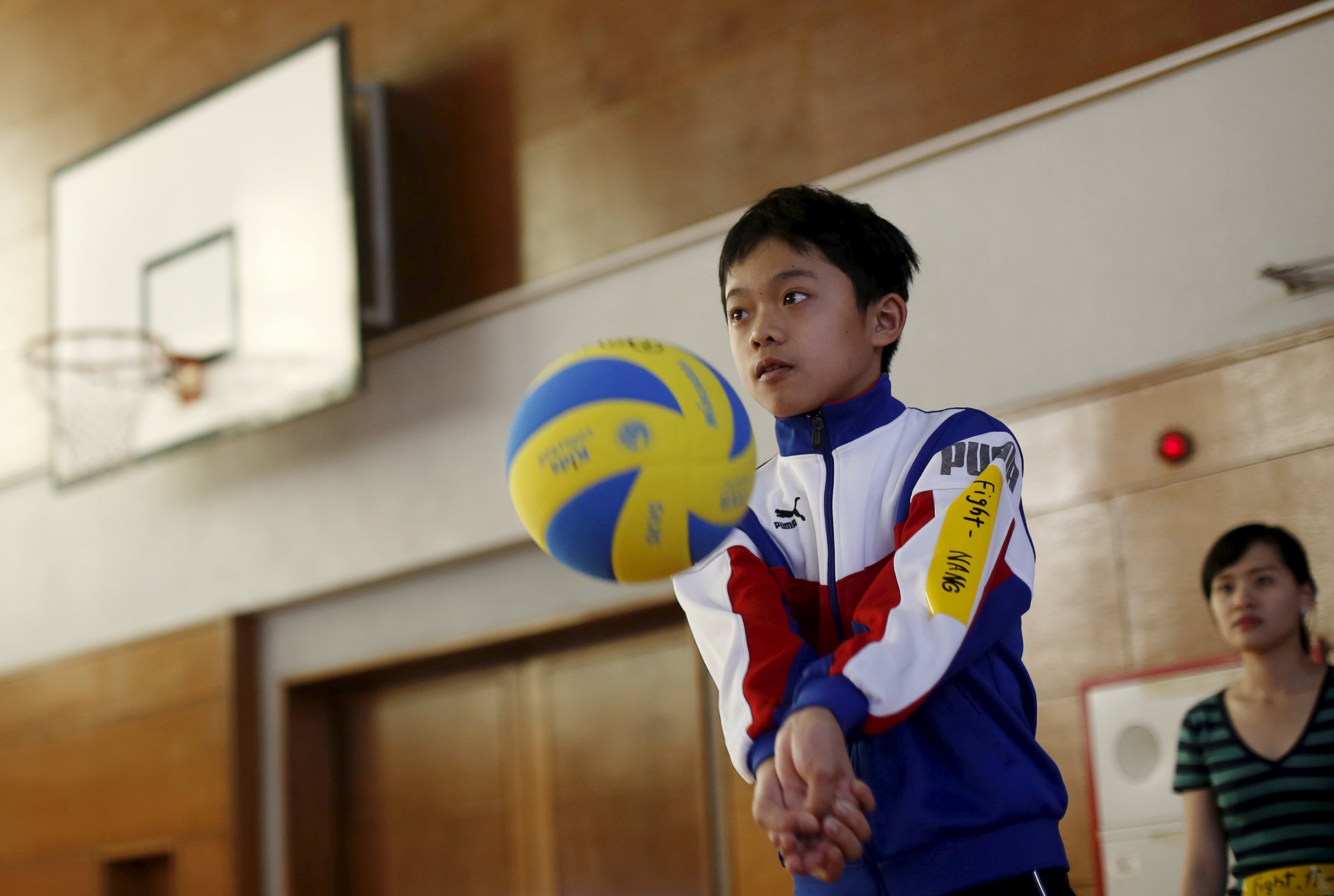Hitoshi Kino, a bespectacled clerical employee at a university near Tokyo, doesn't stand out. Only a slight Vietnamese accent betrays his past as he speaks in Japanese about being stranded on a rickety boat in waters off his war-torn homeland in 1980, starving with 32 others and left by pirates with nothing but his underpants.
Kino, who was then Ky Tu Duong, is one of more than 11,000 refugees Japan took in following the Vietnam War until 2005 under a little-remembered open-door policy that has never been repeated on such a scale.
Now Kino and other "boat people" who resettled in Japan believe Tokyo should again open its doors and let in some of today's asylum seekers, including those from Syria, not just for those in distress but for Japan's sake as well.


















With your current subscription plan you can comment on stories. However, before writing your first comment, please create a display name in the Profile section of your subscriber account page.